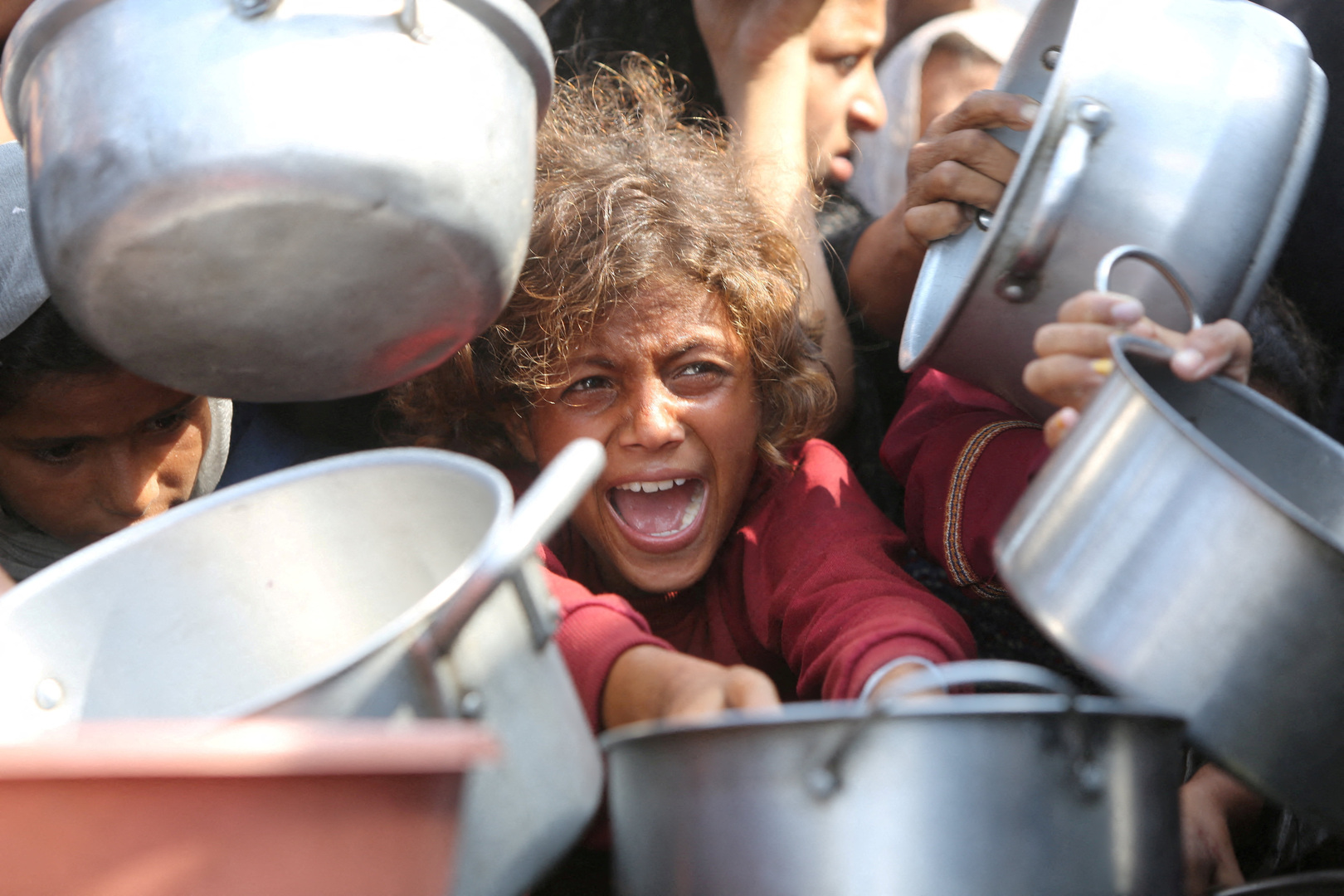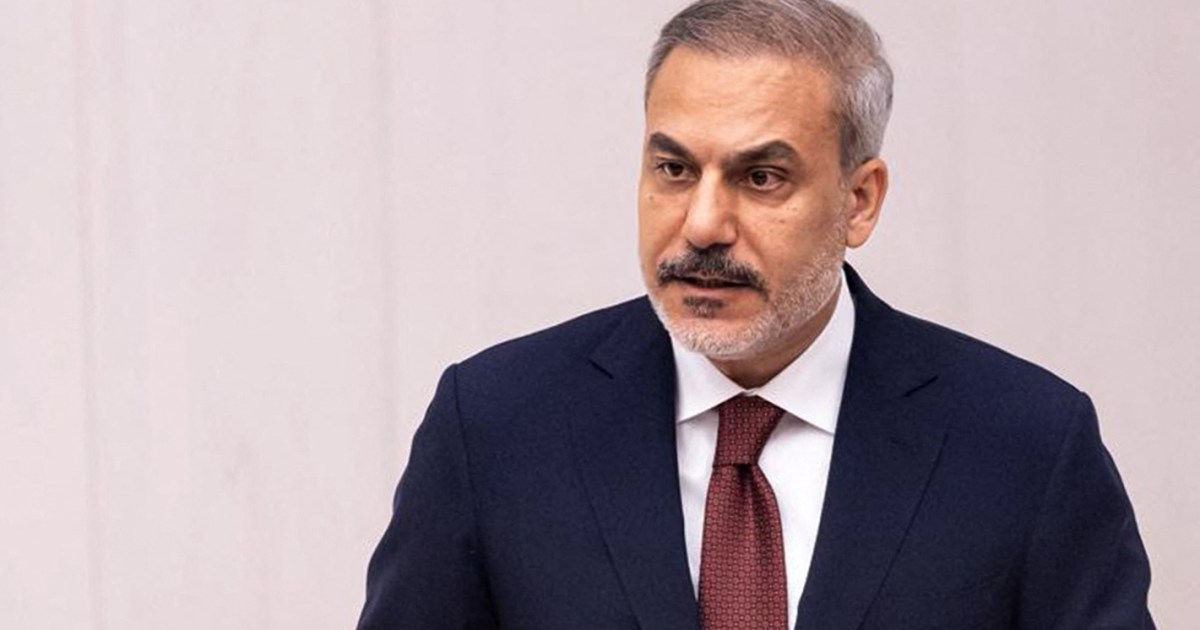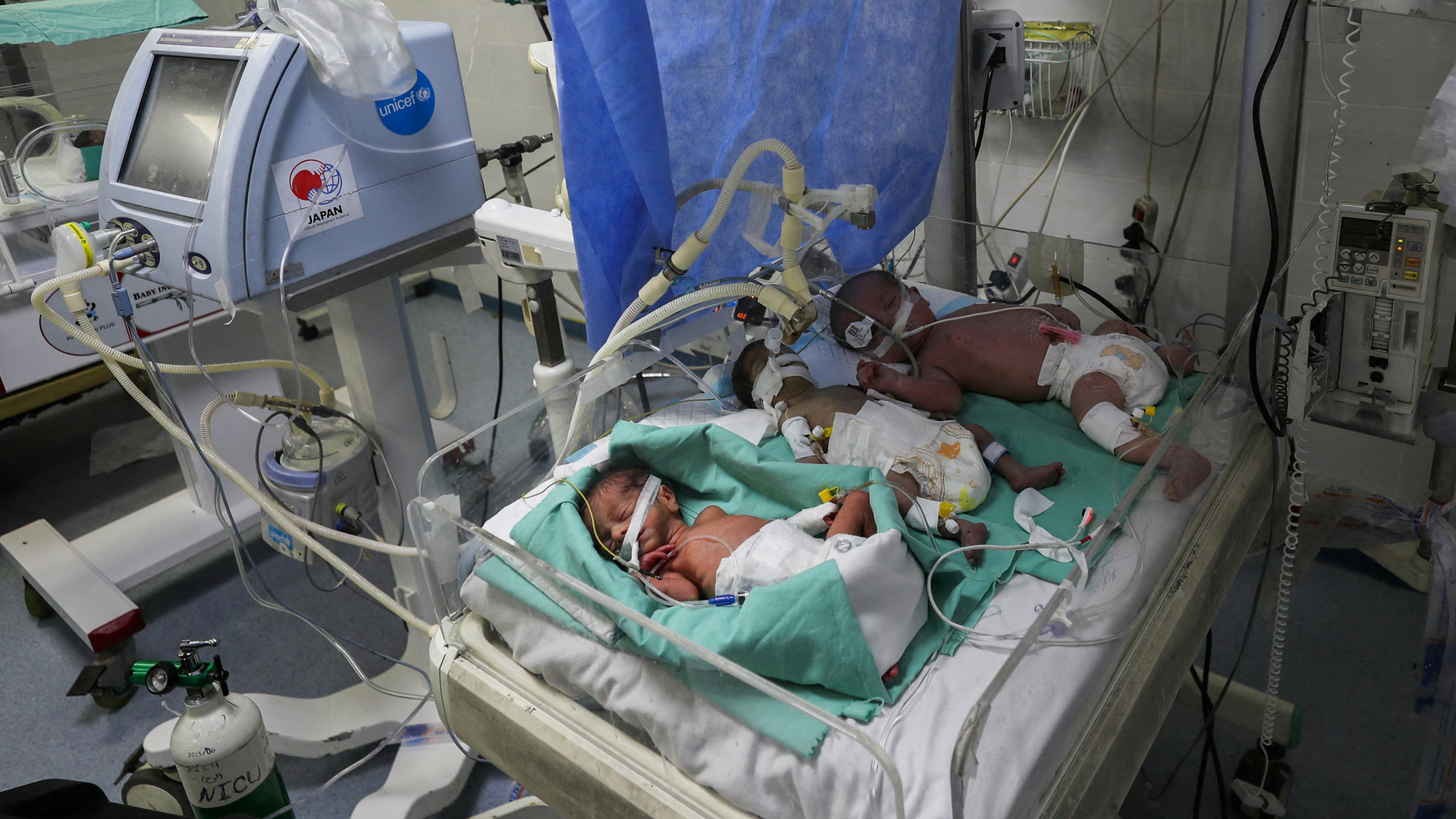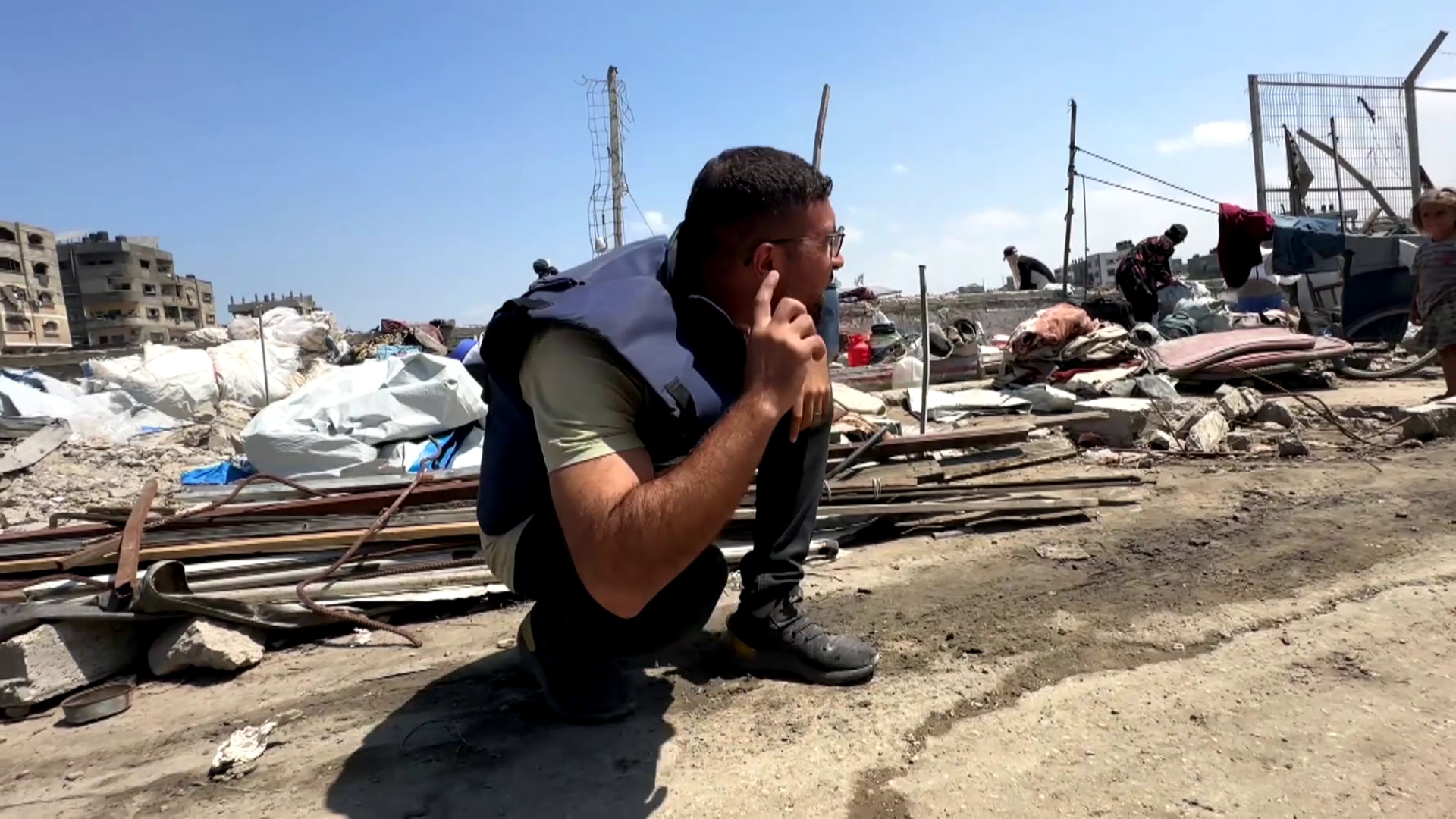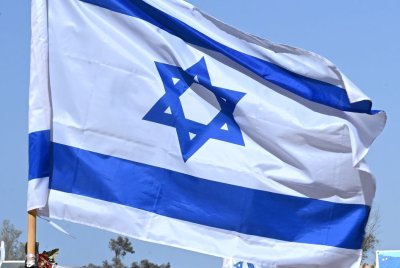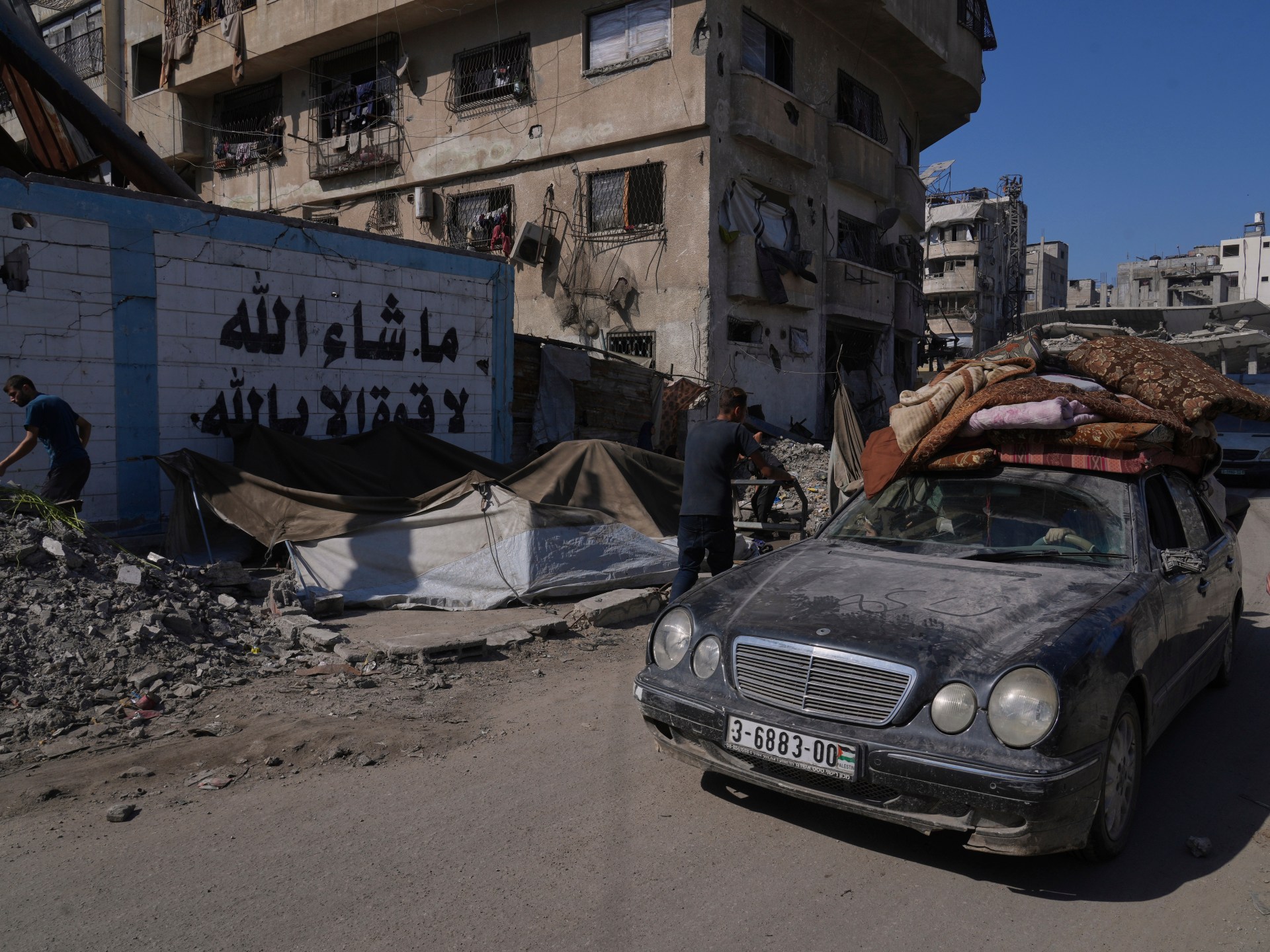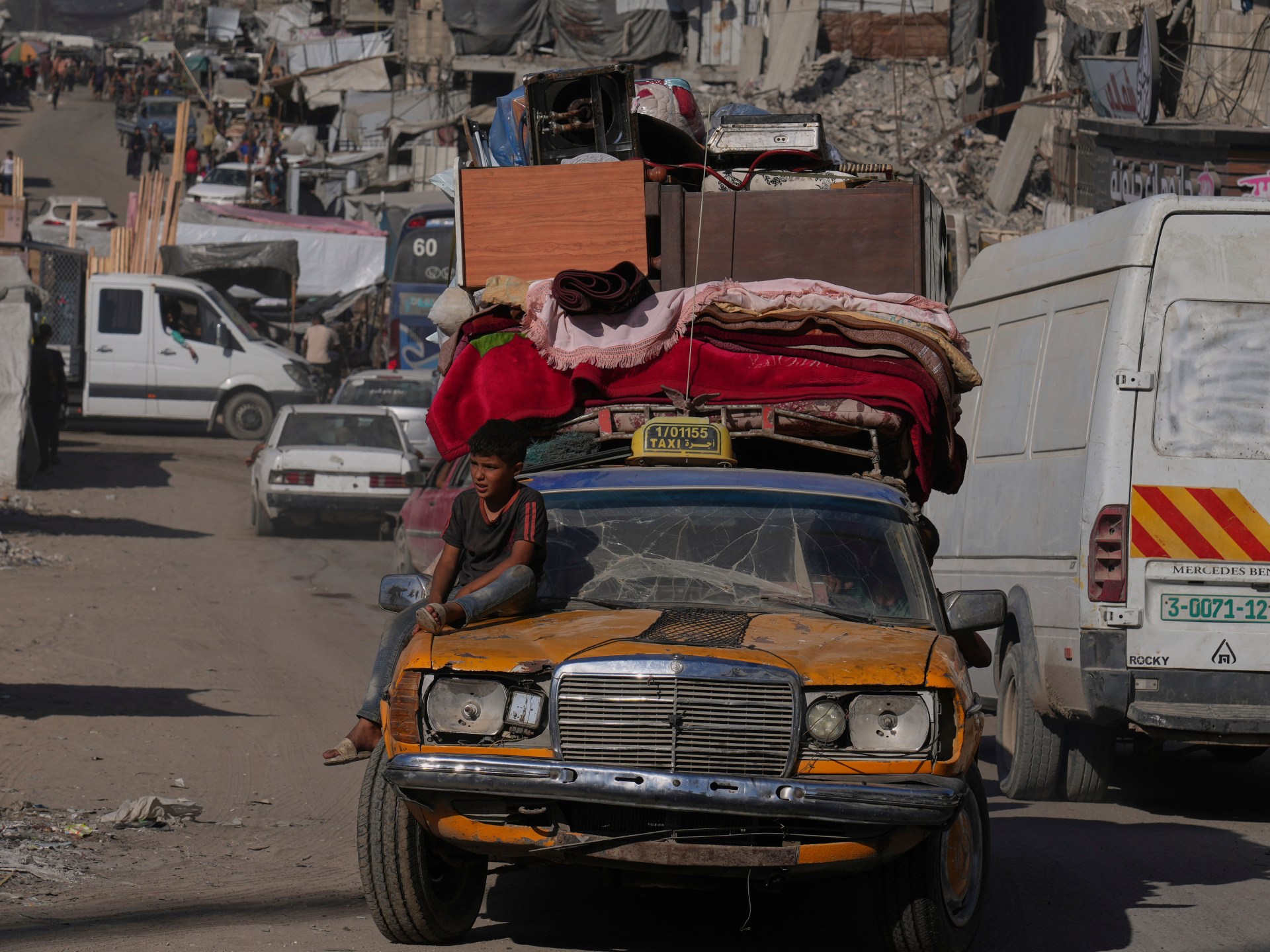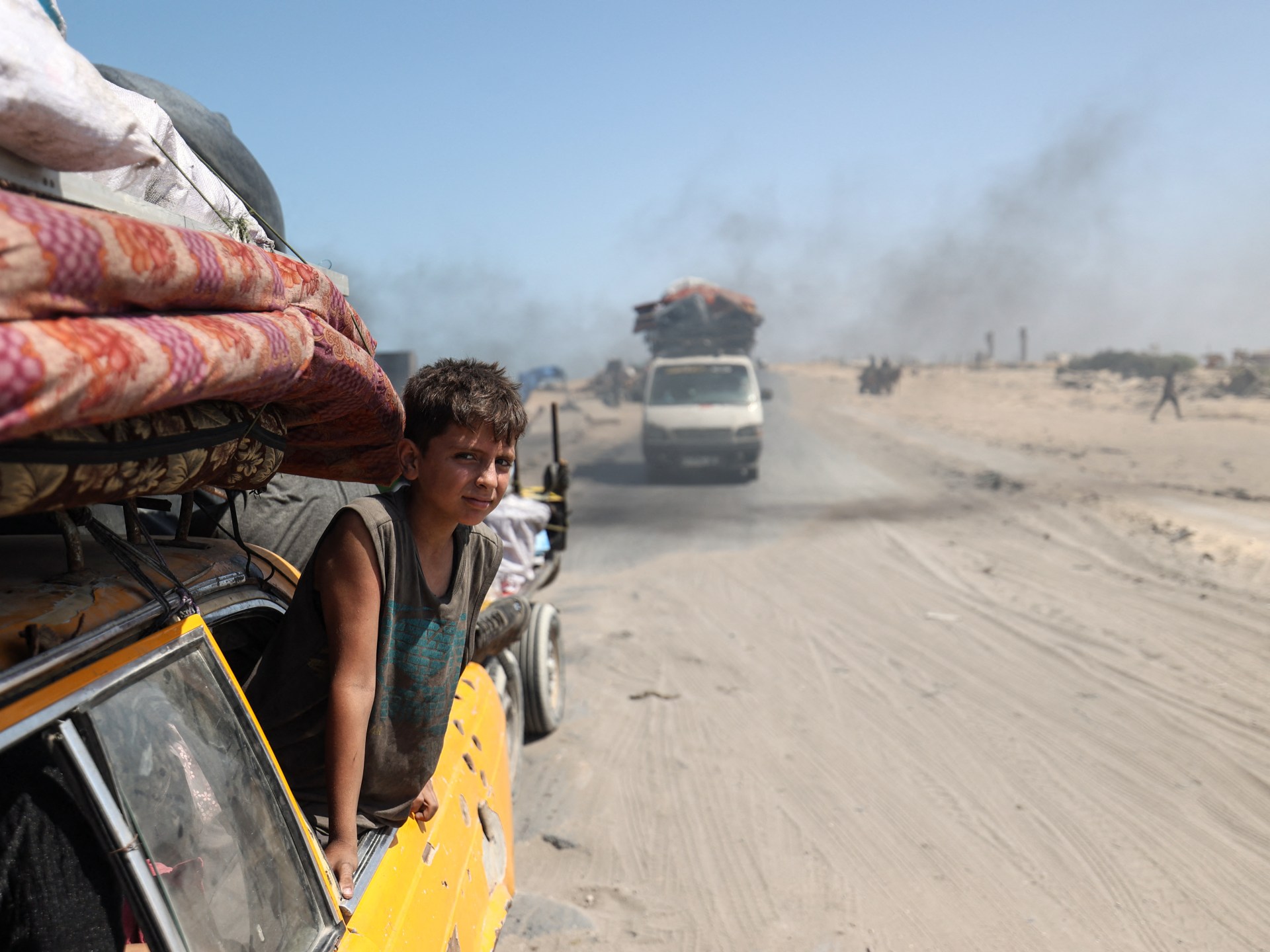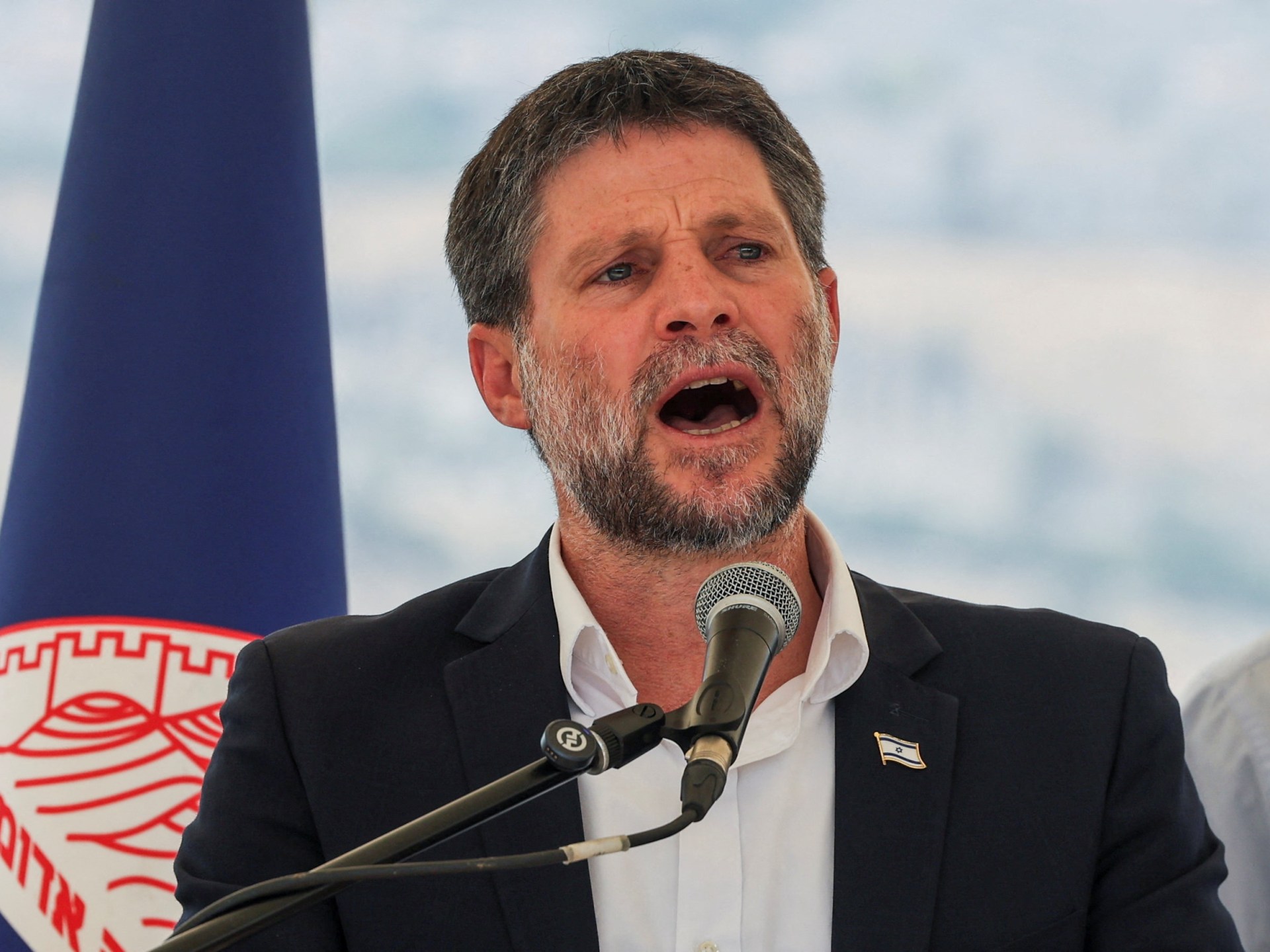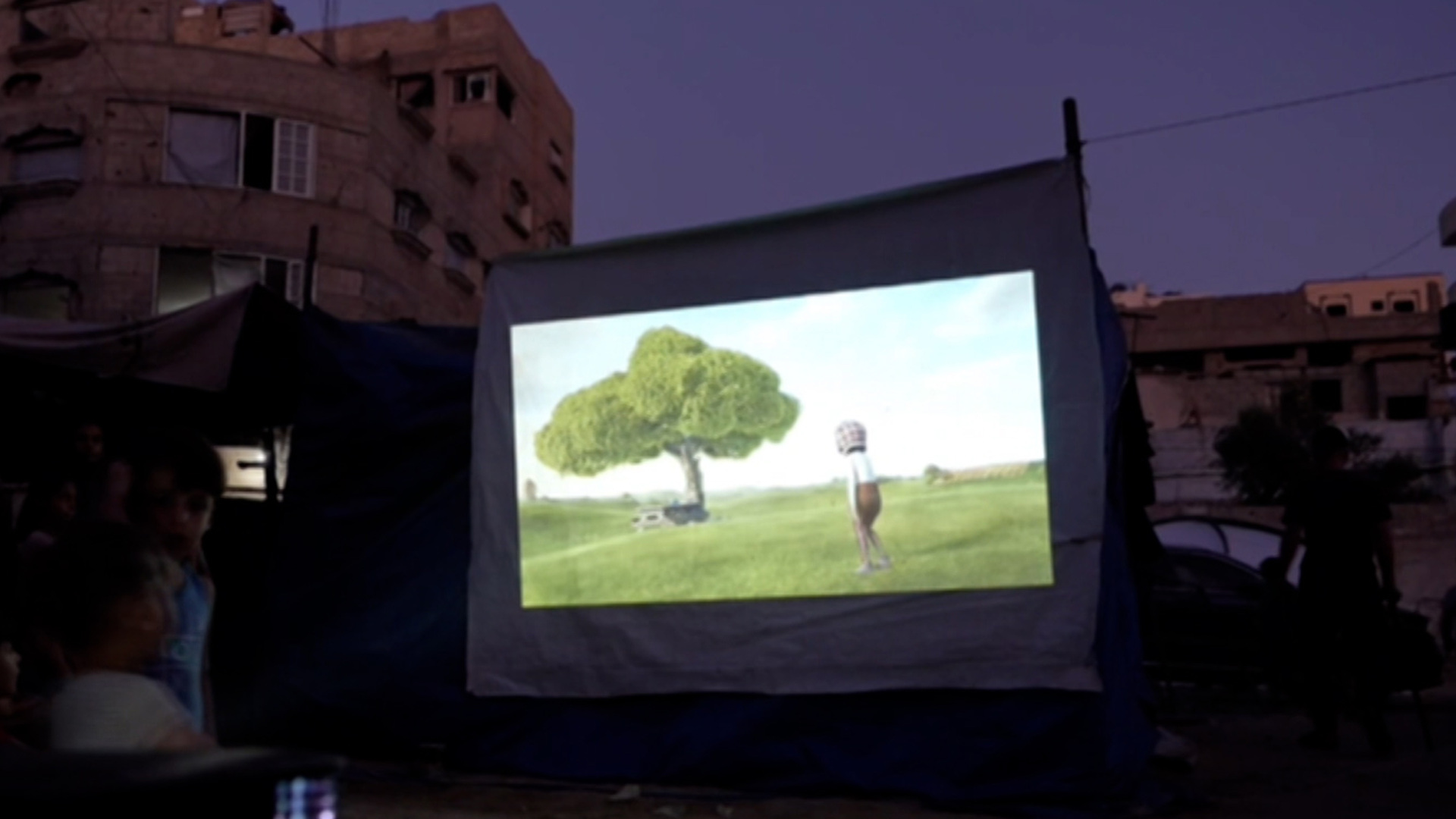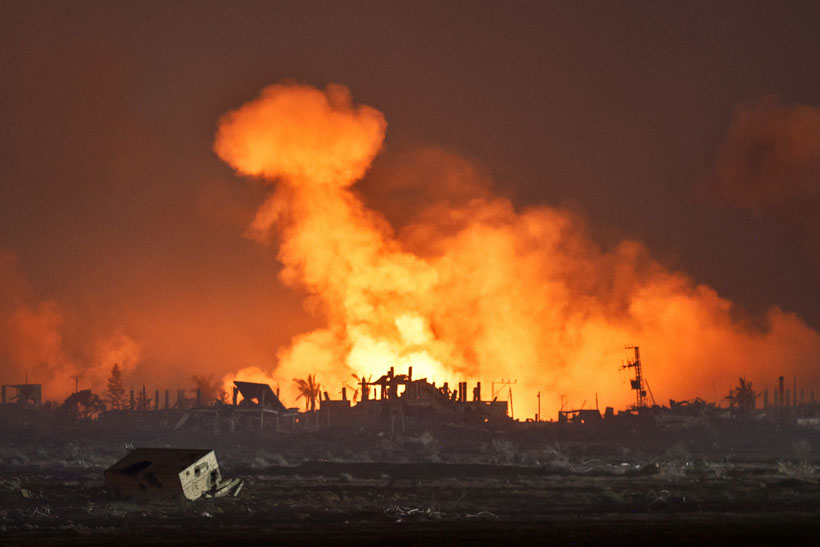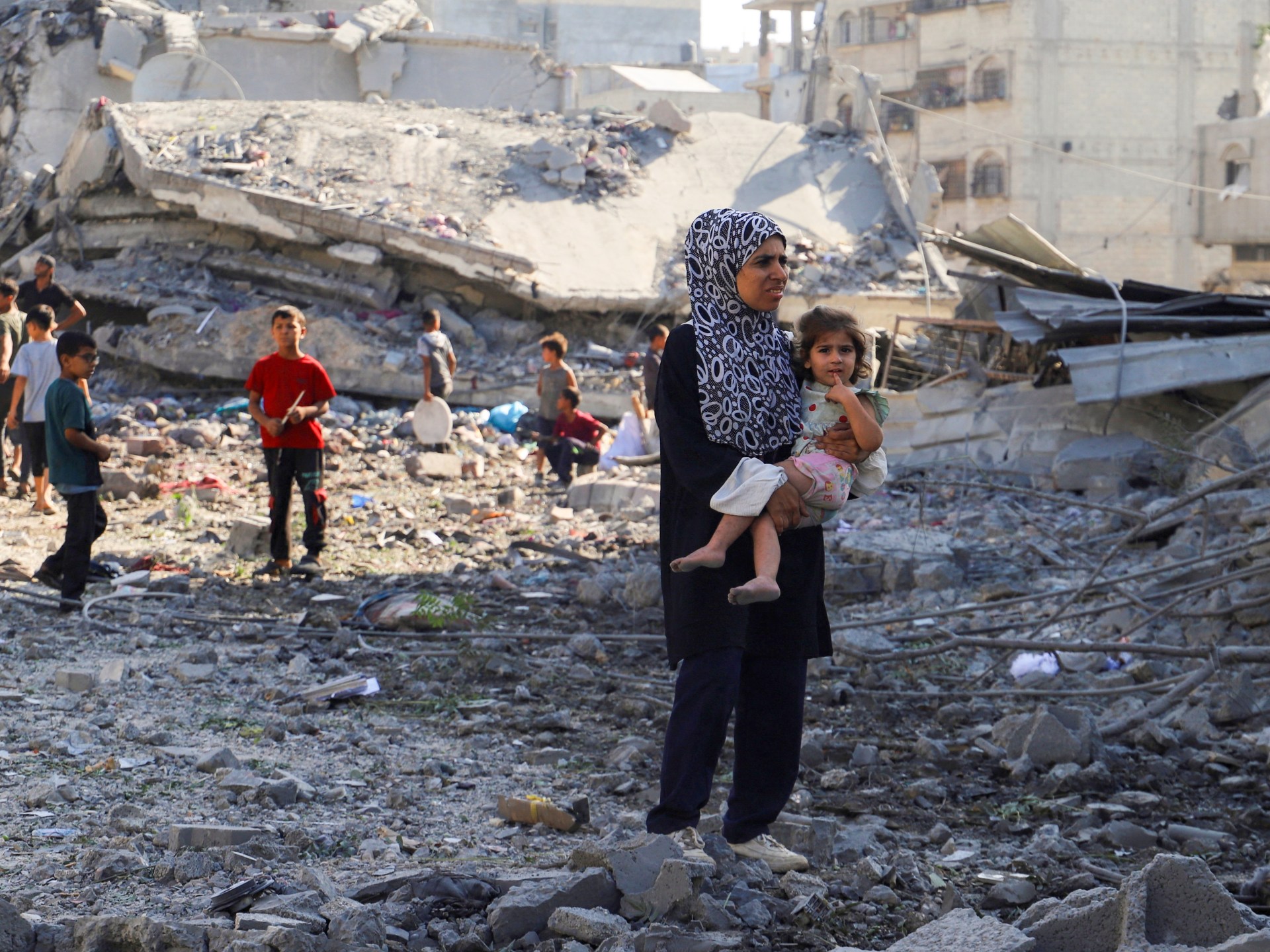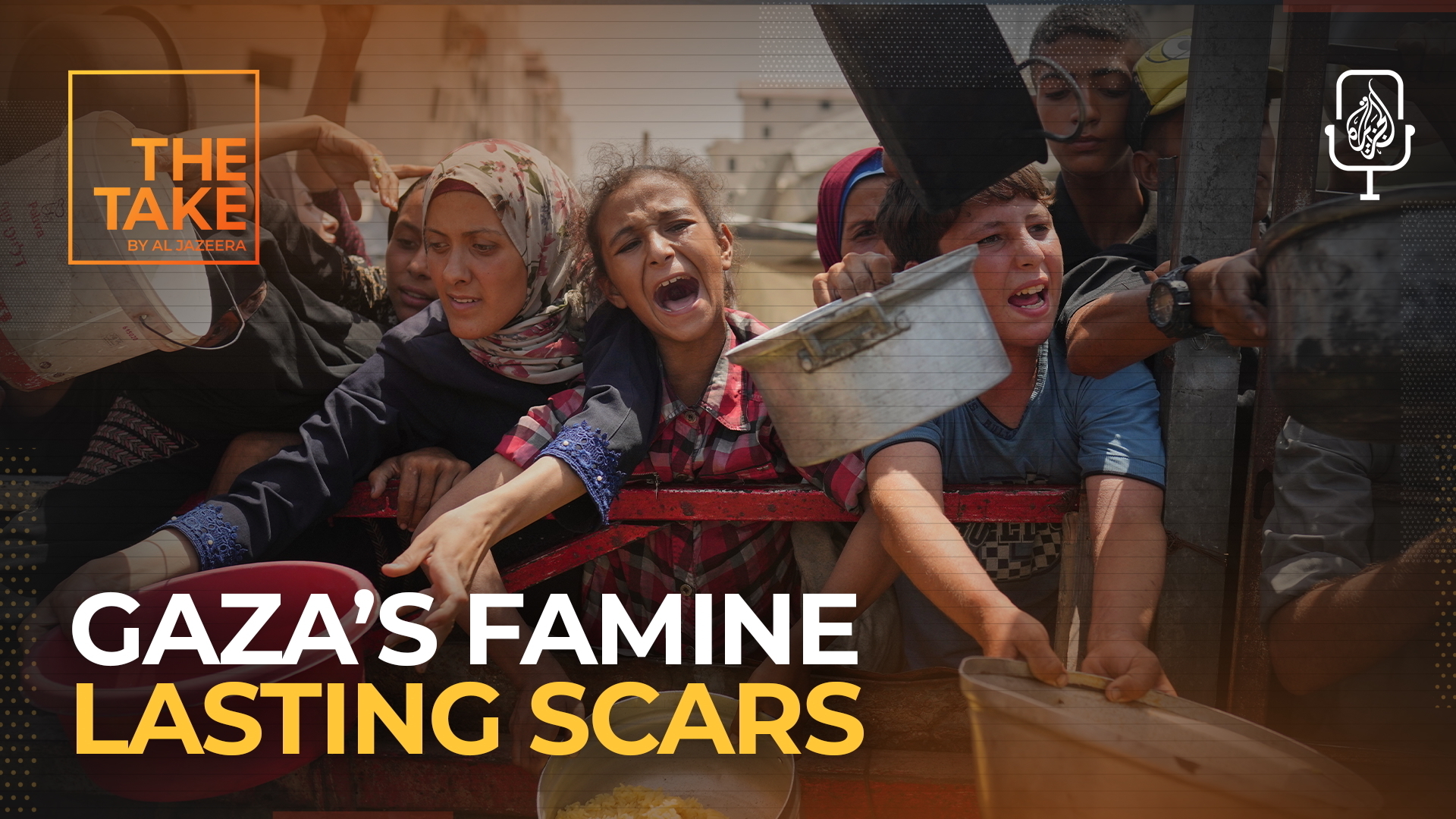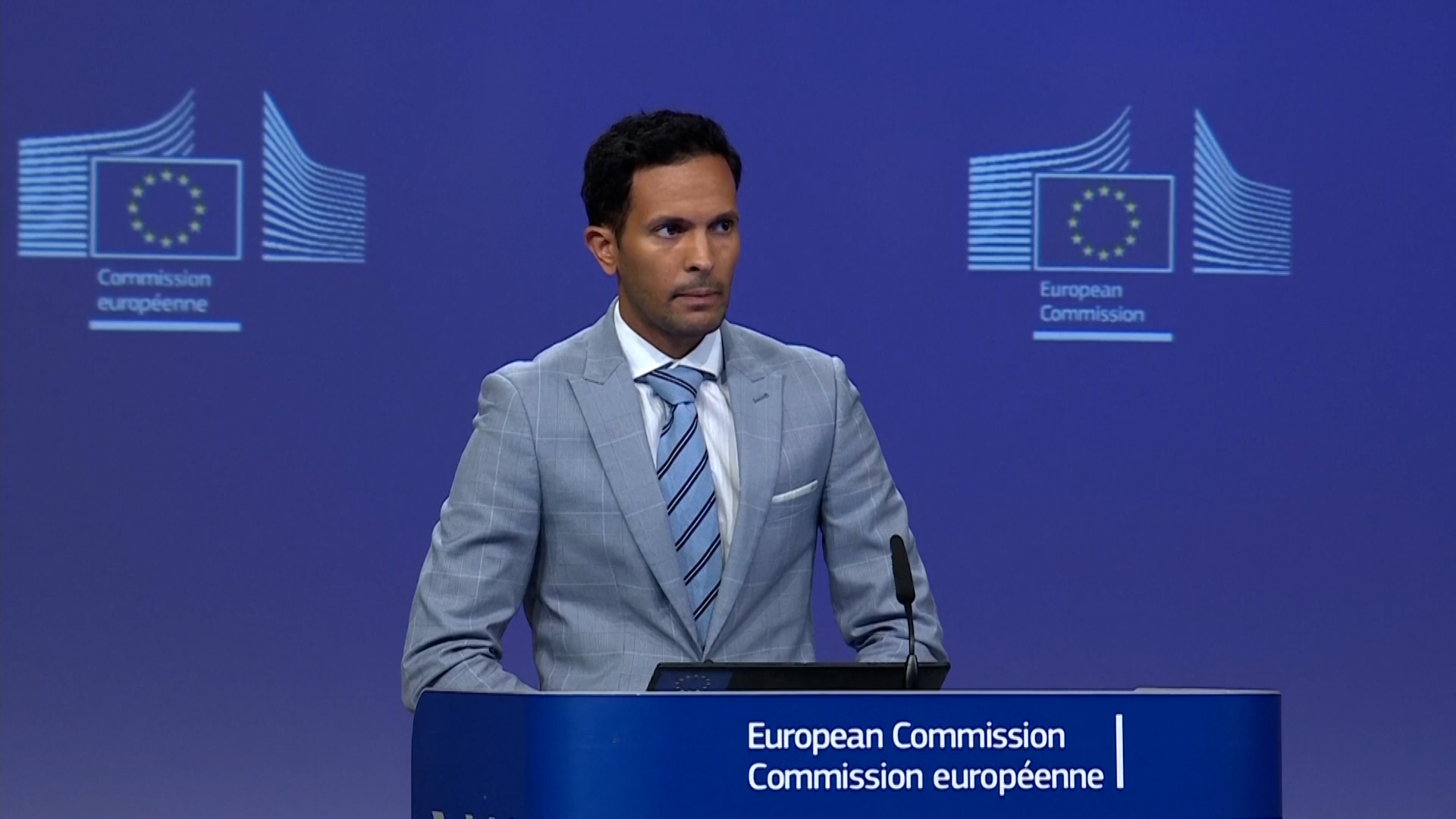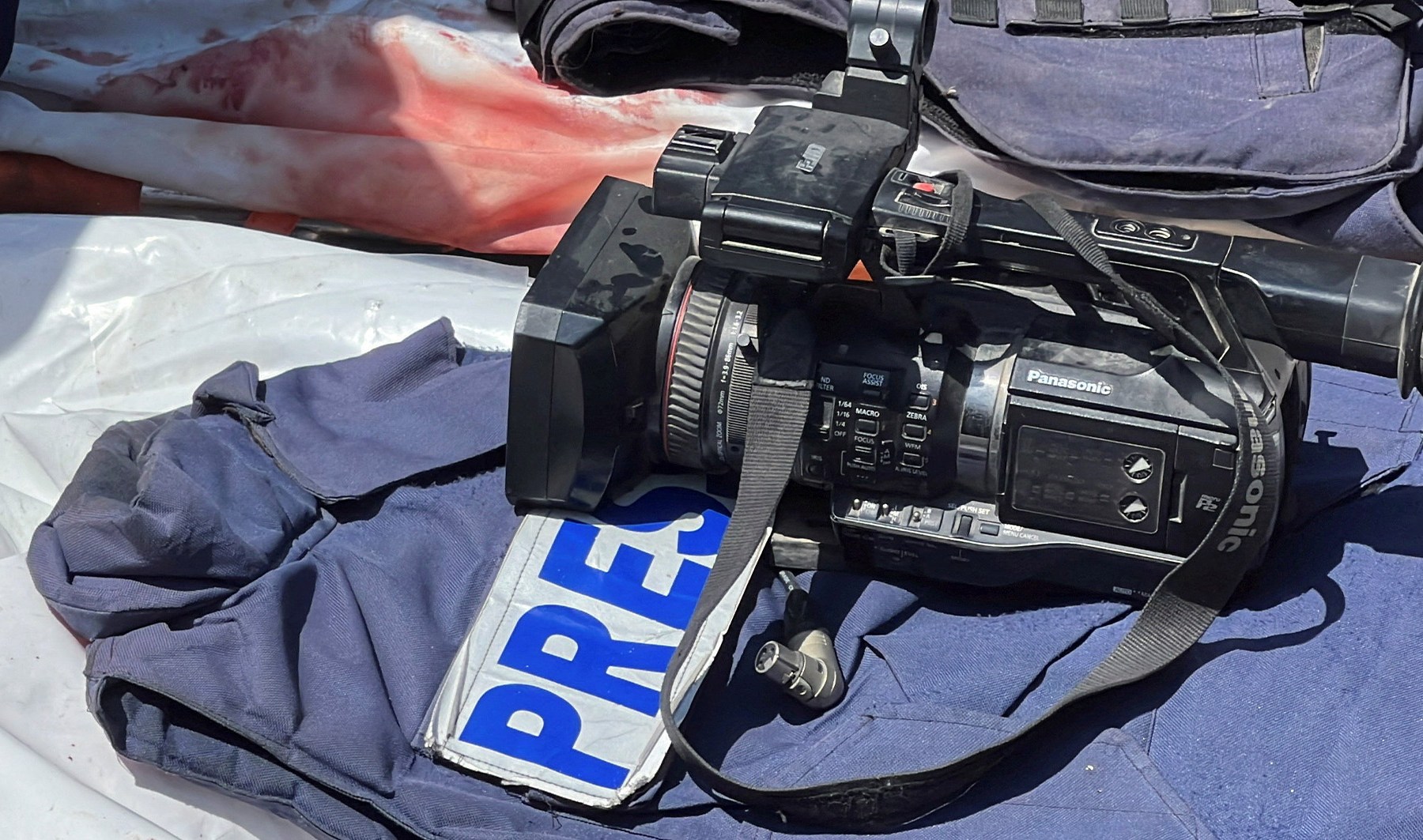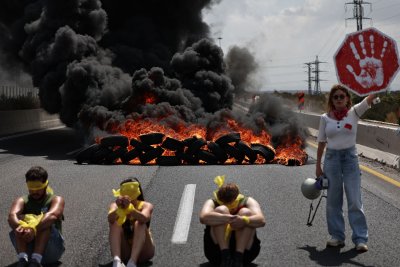U.S. revokes visas of Palestinian officials ahead of U.N General Assembly
WASHINGTON — Secretary of State Marco Rubio has revoked the visas of a number of Palestinian Authority and Palestine Liberation Organization officials ahead of next month’s annual high-level meeting of the U.N. General Assembly, where the groups previously have been represented.
The State Department said in a statement Friday that Rubio also had ordered some new visa applications from Palestinian officials be denied.
The move is the latest in a series of steps the Trump administration has taken to target Palestinians with visa restrictions and comes as the Israeli military declared Gaza’s largest city a combat zone. The State Department also suspended a program that had allowed injured Palestinian children from Gaza to come to the U.S. for medical treatment after a social media outcry by some conservatives.
The State Department didn’t specify how many visas had been revoked or how many applications had been denied. The department did not immediately respond to a request for more specifics.
It wasn’t immediately clear if Palestinian President Mahmoud Abbas would be affected.
The agency’s statement did say that representatives assigned to the Palestinian Authority mission at the United Nations would be granted waivers under the U.S. host country agreement with the U.N. so they can continue their New York-based operations.
“It is in our national security interests to hold the PLO and PA accountable for not complying with their commitments, and for undermining the prospects for peace,” the statement said. “Before the PLO and PA can be considered partners for peace, they must consistently repudiate terrorism — including the October 7 massacre — and end incitement to terrorism in education, as required by U.S. law and as promised by the PLO.”
The Palestinian ambassador to the U.N., Riyad Mansour, told reporters Friday that he had just learned of Rubio’s decision and was assessing its impact.
“We will see exactly what it means and how it applies to any of our delegation, and we will respond accordingly,” he said.
Mansour said Abbas was leading the delegation to next month’s U.N. meetings and was expected to address the General Assembly — as he has done for many years. He also was expected to attend a high-level meeting co-chaired by France and Saudi Arabia on Sept. 22 about a two-state solution, which calls for Israel living side by side with an independent Palestine.
Lee writes for the Associated Press. AP writer Edith M. Lederer at the United Nations contributed to this report.

